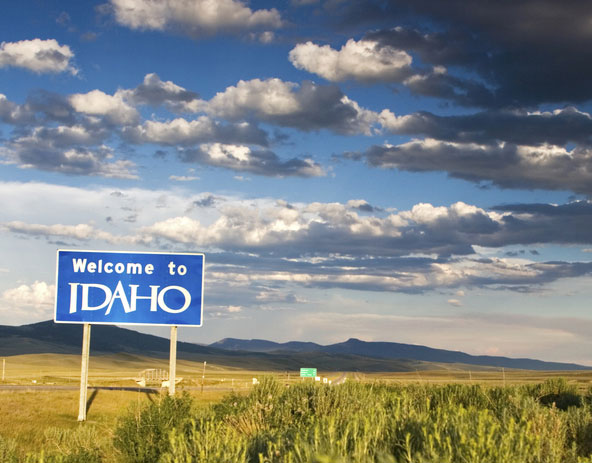Keeping track of ever-changing CBD and hemp regulations across the U.S. can be rather daunting. Lucky for us, Hemp Industry Daily created a state-by-state regulatory map for consumers and business owners alike. Hempure has also put together a helpful guide to regulations in each of the 50 states.
Farmers across the nation have expressed enthusiasm about the growing hemp market, though the lack of Food and Drug Administration (FDA) guidance on the product’s place in the market has created a patchwork of municipal regulations for the sale of CBD products.
July 1, New York City health regulators ordered city restaurants and bars to cease serving products infused with CBD (food and beverages) due to the lack of FDA approval for CBD as a food additive. New Yorkers can still purchase CBD in dispensaries, health stores and online.
A handful of hemp producers across the country have been prosecuted for growing cannabis plants with larger concentrations of THC than is allowable by federal law.
Minnesota’s Twin Cities Pioneer Press reported in June that a hemp farmer was charged with drug sale and drug possession after tests of his crop revealed THC levels in excess of 3 percent.
In January, an Oregon-based hemp delivery driver was arrested in Idaho for transporting more than 6,000 pounds of the cannabis plant through Idaho. The driver stated the product was hemp; the police believed it to be marijuana.
Hemp and marijuana, of course, are products of the same plant, but hemp is defined federally as a cannabis plant containing 0.3 percent or less THC.
Testing later proved that the plants in question were indeed hemp. Still, Idaho’s Office of Drug Policy has stated that CBD oil with any THC present qualifies as marijuana.
Folks in Idaho are still getting in on the CBD trade, though. The state’s first CBD storefront opened in Boise during May. According to the Idaho State Journal, all the products offered contain no THC.
CBD users have also faced legal troubles in more traditionally conservative states.
In April, a 69-year-old woman was reportedly arrested outside the gate of Disney World for carrying a CBD infusion in her purse. About two months later, Florida Governor Ron Desantis signed a bill allowing for state-licensed hemp farming and sales.
FDA officials have not committed to a timeline in their development of a regulatory framework for the sale of CBD products, though they have committed to “continue to update the public about our path forward and provide information that is based on sound science and data.”
Business owners interested in growing or selling CBD products should check with their state’s health and agriculture departments for specific rules. Though hemp-derived CBD is legal at the federal level, state regulations on the matter continue to evolve.
Are you encountering any barriers to entering the CBD market in your state due to local regulations? Let us know in the comments!





cbd vapes
19 Sep 2019I’ve read several good stuff here. Definitely value bookmarking for revisiting.
I wonder how a lot effort you put to create this sort of fantastic informative web site.
Earlene
13 Oct 2019Have you ever thought about including a little bit more than just your
articles? I mean, what you say is fundamental and everything.
But just imagine if you added some great visuals or videos to give your posts more, “pop”!
Your content is excellent but with images and clips, this website
could certainly be one of the best in its niche. Terrific
blog!